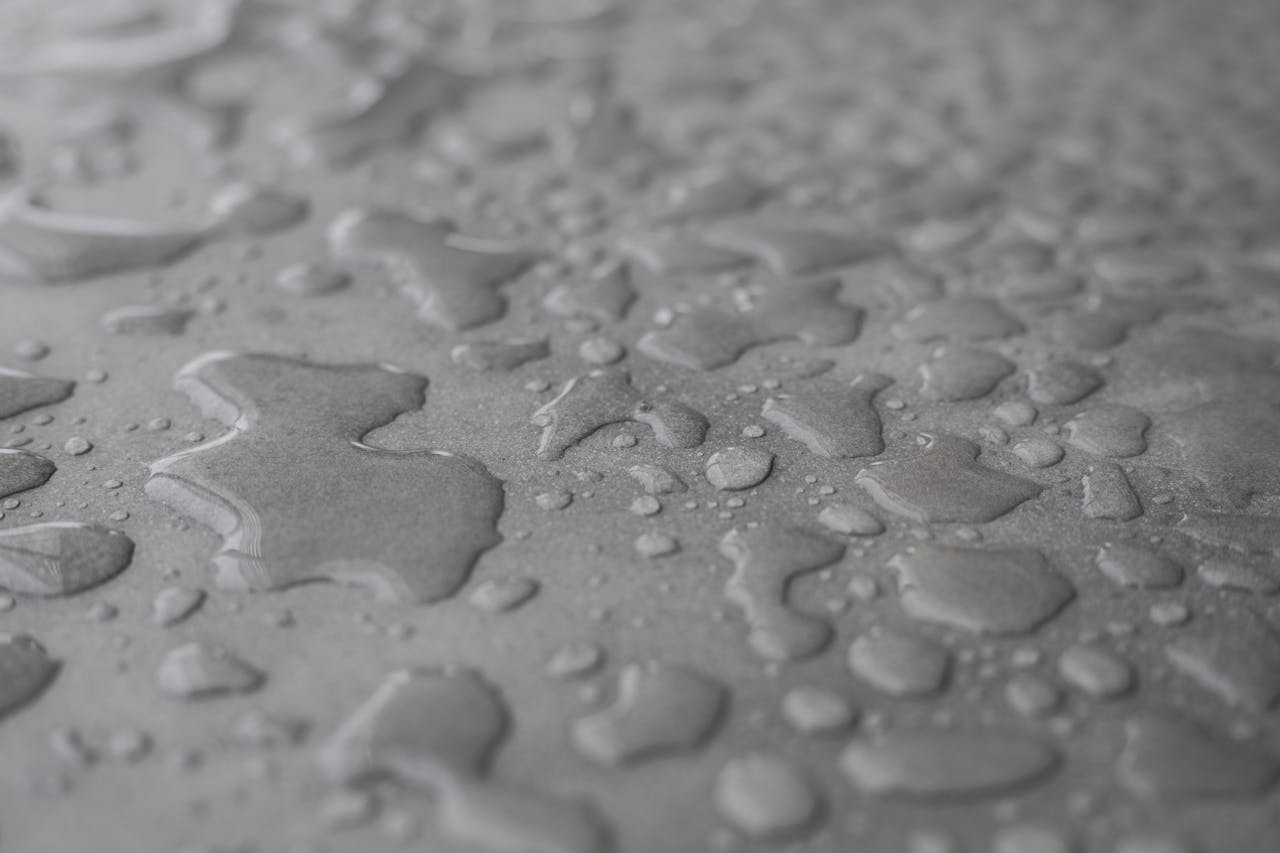Retinoids are a class of compounds that are widely used in skincare products due to their proven efficacy in treating various skin conditions, including acne, fine lines, and wrinkles.
However, many retinoids can cause skin irritation, making them unsuitable for individuals with sensitive skin or allergies. In this blog post, we will compare the efficacy and safety of different retinoids, including tretinoin, adapalene, retinol, hydroxypinacolone retinoate, and retinaldehyde.
Tretinoin, also known as all-trans retinoic acid, is a prescription-strength retinoid that has been used for decades to treat acne and aging skin. Tretinoin works by increasing cell turnover, which helps to unclog pores and reduce the appearance of fine lines and wrinkles. However, tretinoin can cause significant skin irritation, especially during the first few weeks of use. Therefore, tretinoin is not suitable for everyone, especially those with sensitive skin.
Adapalene is a third-generation retinoid that is available over-the-counter in many countries, including the U.S.. It is commonly used to treat acne and has been shown to be effective in reducing both inflammatory and non-inflammatory acne lesions. Adapalene is less irritating than tretinoin.
Retinol is a form of vitamin A that is found in many skincare products. It is a milder form of retinoid that is converted to tretinoin in the skin. Retinol has been shown to be effective in reducing fine lines and wrinkles, improving skin texture, and promoting collagen production. However, retinol can also cause skin irritation, especially in high concentrations.
Hydroxypinacolone retinoate (HPR) is a newer retinoid that is gaining popularity in skincare products. It is 10x less irritating than tretinoin and has been shown to be as effective in vitro at promoting collagen production. HPR is also more stable than other retinoids in the presence of sunlight and air.
Retinaldehyde is another form of vitamin A that is found in skincare products. It is considered to be a milder form of retinoid than tretinoin and is less irritating to the skin. Retinaldehyde has been shown to be effective in reducing fine lines and wrinkles, improving skin texture, and promoting collagen production. However, like other retinoids, retinaldehyde can also cause skin irritation in some individuals.
In conclusion, retinoids are a powerful class of compounds that can help to treat various skin conditions, including acne and aging skin. However, many retinoids can cause skin irritation, making them unsuitable for individuals with sensitive skin or allergies. Other ingredients within a retinoid formula, such as neutralizing fragrances, preservatives and emulsifiers, can also cause skin irritation or allergic reactions so what it in a formulation is as important as what is left out.
Adapalene, retinol, HPR, and retinaldehyde are considered to be less irritating than tretinoin and may be suitable for individuals with sensitive skin or allergies. If you are considering using a retinoid product, it is essential to start with a low concentration and gradually increase it over time to minimize skin irritation. Consult with a dermatologist if you are unsure which retinoid product is best for you.
VETTED Dermlab: Committed to Transparency and Innovation
At VETTED Dermlab, we understand the complexities of navigating the skincare landscape. We prioritize transparency and formulate our products using the gentlest, most effective ingredients backed by scientific evidence.
Our hypoallergenic moisturizers offer intense hydration without relying on petrolatum. Additionally, we are actively researching and incorporating sustainable alternatives into our product lines.
We encourage you to make informed choices based on your unique skin needs and environmental values.
Unlocking Your Skin's Potential: The VETTED Dermlab Difference
By combining the power of science with a commitment to gentle formulations, VETTED Dermlab is here to empower you on your journey to younger-looking skin. We believe in providing effective solutions that are kind to your skin.
References:
-
Mukherjee S, Date A, Patravale V, Korting HC, Roeder A, Weindl G. Retinoids in the treatment of skin aging: an overview of clinical efficacy and safety. Clin Interv Aging. 2006;1(4):327-348. doi:10.2147/ciia.2006.1.4.327
-
Tanghetti EA, Dhawan S, Green L, Ling M, Downie J, Jarratt M, et al. Randomized controlled trial comparing adapalene gel 0.3% to tretinoin microsphere 0.1% in the treatment of acne vulgaris: analysis of efficacy and safety outcomes. J Drugs Dermatol. 2014;13(6):666-671.
-
Ganceviciene R, Liakou AI, Theodoridis A, Makrantonaki E, Zouboulis CC. Skin anti-aging strategies. Dermatoendocrinol. 2012;4(3):308-319. doi:10.4161/derm.22804
-
Mukherjee S, Date A, Patravale V, Korting HC, Roeder A, Weindl G. Retinoids in the treatment of skin aging: an overview of clinical efficacy and safety. Clin Interv Aging. 2006;1(4):327-348. doi:10.2147/ciia.2006.1.4.327
-
Kang S, Duell EA, Fisher GJ, et al. Application of retinol to human skin in vivo induces epidermal hyperplasia and cellular retinoid binding proteins characteristic of retinoic acid but without measurable retinoic acid levels or irritation. J Invest Dermatol. 1995;105(4):549-556. doi:10.1111/1523-1747.ep12320235
-
Lee HS, Kim IH. Salicylic acid peels for the treatment of acne vulgaris in Asian patients. Dermatol Surg. 2003;29(12):1196-1199. doi:10.1111/j.1524-4725.2003.29367.x
-
Ganceviciene R, Liakou AI, Theodoridis A, Makrantonaki E, Zouboulis CC. Skin anti-aging strategies. Dermatoendocrinol. 2012;4(3):308-319. doi:10.4161/derm.22804
-
Kligman LH. Topical retinoic acid enhances the repair of ultraviolet damaged dermal connective tissue. Connect Tissue Res. 1984;12(2):139-150. doi:10.3109/03008208409152262
-
Mukherjee S, Date A, Patravale V, Korting HC, Roeder A, Weindl G. Retinoids in the treatment of skin aging: an overview of clinical efficacy and safety. Clin Interv Aging. 2006;1(4):327-348. doi:10.2147/ciia.2006.1.4.327
-
Ganceviciene R, Liakou AI, Theodoridis A, Makrantonaki E, Zouboulis CC. Skin anti-aging strategies. Dermatoendocrinol. 2012;4(3):308-319. doi:10.4161/derm.22804




